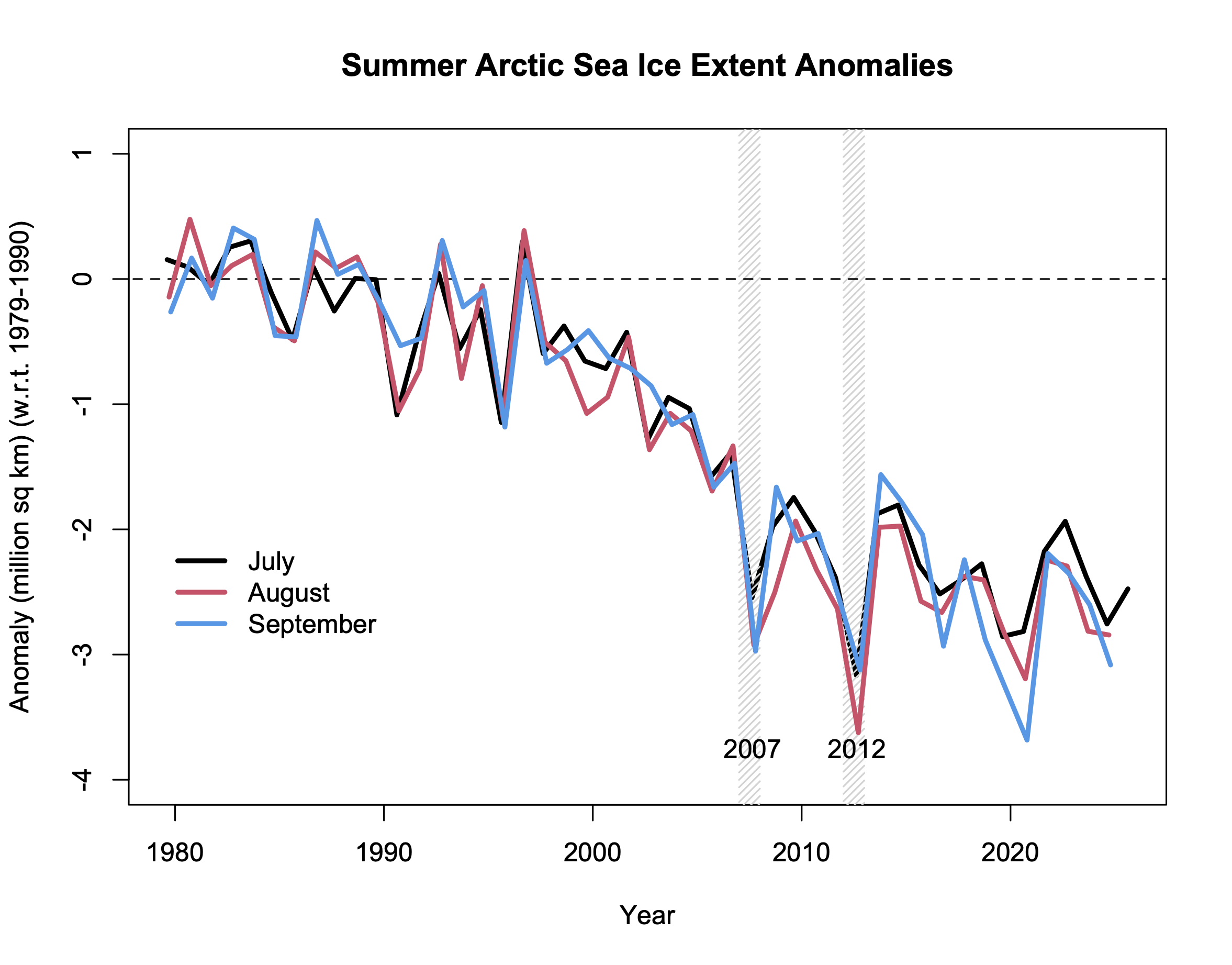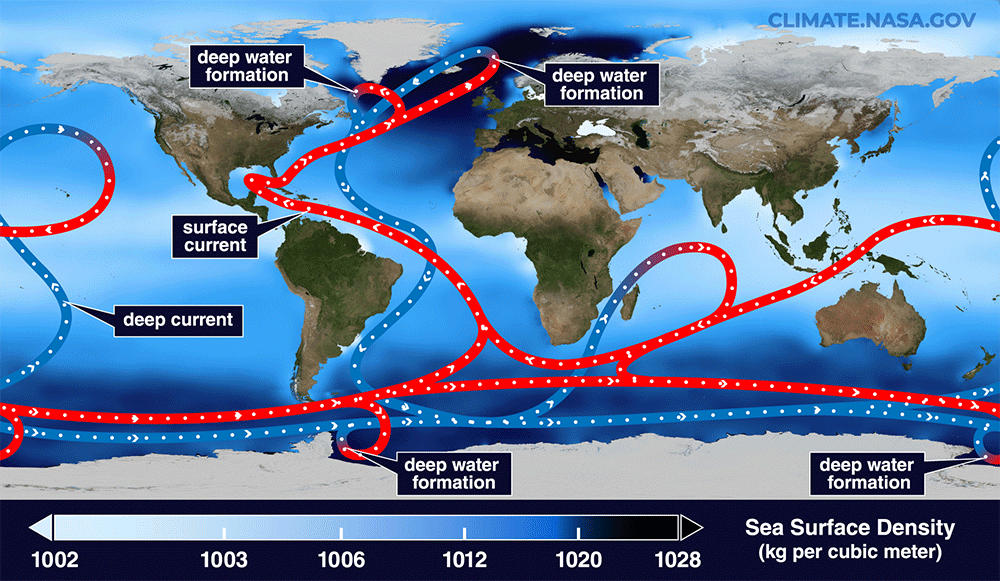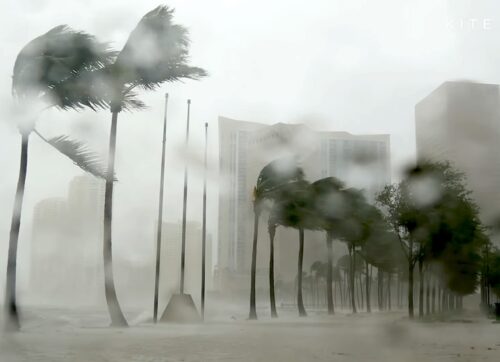by G. Wightstome, Oct 30, 2025 in ClimateChangeDispatch
Real public health threats versus climate hysteria.
Relying on human ingenuity to coexist with a changing climate – either warmer or cooler – and tending to long-recognized public health threats are the best ways to ensure the well-being of the planet and its inhabitants, according to an Australian physician and expert in climate and public health. [emphasis, links added]
“The ingenuity of Homo sapiens at adapting to climate has permitted people to populate almost the entire globe from the freezing Arctic to the steamy tropics, notes Dr. D. Weston Allen, lead author of a paper supporting a proposed repeal of a federal designation of carbon dioxide (CO2) as a pollutant.
“If we stick to doing what we do best – adaptation – we will continue to thrive.”
Citing nearly 400 references, the paper was filed as a formal comment by the CO2 Coalition, Fairfax, Virginia, with the U.S. Environmental Protection Agency in support of its proposal to rescind the regulation known as the Endangerment Finding.
Dr. Allen says that civilizations did well in past eras of relative warmth during Minoan and Roman times and the Medieval Warm Period.
And, he says, cool periods often brought suffering, the most recent being the Little Ice Age, which experienced “frequent widespread crop failures, mass starvation, disease and depopulation.”
“The Black Death of 1346-1353 wiped out 30%-60% of Europe’s population and up to 200 million people across Eurasia,” he writes.
However, natural changes in the climate and industrialization that spread in the 1800s and accelerated in the 20th century fostered unprecedented prosperity and health.
“Global rewarming since the 18th century, associated with increasing prosperity, better housing, sanitation, food and water supplies, has greatly benefited human health and wealth,” says Dr. Allen.
“Deaths from typhoid and tuberculosis declined dramatically during the pre-antibiotic 20th century warming (1910-1945). Mortality from all causes fell as temperatures rose. From a billion people in 1800, the global population doubled by 1927, doubled again to 4 billion in 1974, and again to 8 billion in 2022.”
Fuels for new technologies and industry – first coal, then oil and natural gas as well – made modern living possible.
…










